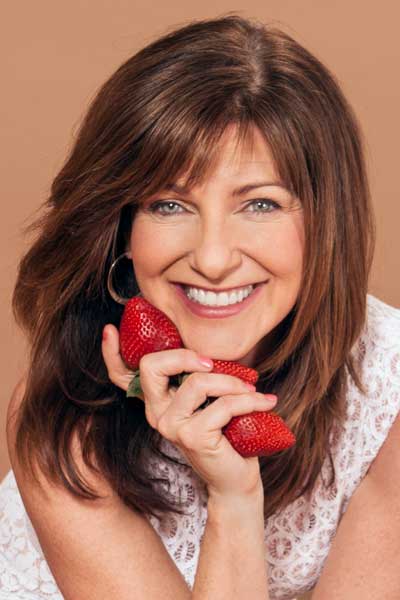
6 Tips for Eating Healthy Portions

Get the world’s most fascinating discoveries delivered straight to your inbox.
You are now subscribed
Your newsletter sign-up was successful
Want to add more newsletters?

Delivered Daily
Daily Newsletter
Sign up for the latest discoveries, groundbreaking research and fascinating breakthroughs that impact you and the wider world direct to your inbox.

Once a week
Life's Little Mysteries
Feed your curiosity with an exclusive mystery every week, solved with science and delivered direct to your inbox before it's seen anywhere else.

Once a week
How It Works
Sign up to our free science & technology newsletter for your weekly fix of fascinating articles, quick quizzes, amazing images, and more

Delivered daily
Space.com Newsletter
Breaking space news, the latest updates on rocket launches, skywatching events and more!

Once a month
Watch This Space
Sign up to our monthly entertainment newsletter to keep up with all our coverage of the latest sci-fi and space movies, tv shows, games and books.

Once a week
Night Sky This Week
Discover this week's must-see night sky events, moon phases, and stunning astrophotos. Sign up for our skywatching newsletter and explore the universe with us!
Join the club
Get full access to premium articles, exclusive features and a growing list of member rewards.
Last week, I made a dinner for my teenagers that was "the bomb" (their words), but I made sure to tell them it was healthy before they dug in. Although I was sure I had made enough to have leftovers, there were none. Then, I began to wonder whether we all had eaten a little more because we knew it was a healthy meal.
After a little research, I found that was likely the case. Three studies by researchers at the Cornell Food and Brand Lab found that when snack foods were labeled as low fat, people ate 50 percent more calories.
Simply seeing the phrase "low-fat" encouraged people to consume 84 extra calories, the researchers found. They suggested this happens because when we see a phrase like "low-fat," we tend to think of it as a free pass to overeat. The researchers concluded that people increased their serving size of healthier foods because they felt less guilty about eating more.
This is such a dangerous trap. If you eat an extra 100 calories per day for a month, you'll gain a pound of body fat — and it only gets worse as we age because our metabolism naturally slows down.
Avoid portion distortion by following these simple tips:
- Use the serving size listed on the package as a guideline. Try not to eat in excess of one serving.
- Always check sugar content. The body can convert sugar into fat; therefore, a food is not really "fat free" if it contains sugar.
- Low calorie foods can be deceiving if their serving sizes are exceptionally small. Always check to ensure one serving is enough to satisfy you.
- Remember that even many natural foods should be consumed in moderation. Nuts are a great example of such a food, because they are high in fat.
- As soon as you get home from the grocery store, measure out snack-size servings of foods you can eat on-the-go. This way, you won't have to think about portion size throughout the day.
- If you still find that you're overeating low-fat foods, consider buying the full-fat versions instead. You aren't losing weight if you're overeating.
Often, when we buy a food that is labeled as low fat, we're doing so because we want to lose weight, not because that's what we really want to eat. So, the next time you sit down in front of the television munching away on a bag of low-fat popcorn; ask yourself if the extra calories are worth it.
Instead, you could be eating something you really enjoy — as long as you apply some portion control. When all is said and done, the mindless popcorn eating may add up to more fat and calories as the food you wouldn't let yourself indulge in. Eating smarter doesn't necessarily mean sacrificing. It means making conscious decisions about your food.
Get the world’s most fascinating discoveries delivered straight to your inbox.
Healthy Bites appears on MyHealthNewsDaily on Wednesdays. Deborah Herlax Enos is a certified nutritionist and a health coach and weight loss expert in the Seattle area with more than 20 years of experience. Read more tips on her blog, Health in a Hurry!
 Live Science Plus
Live Science Plus












